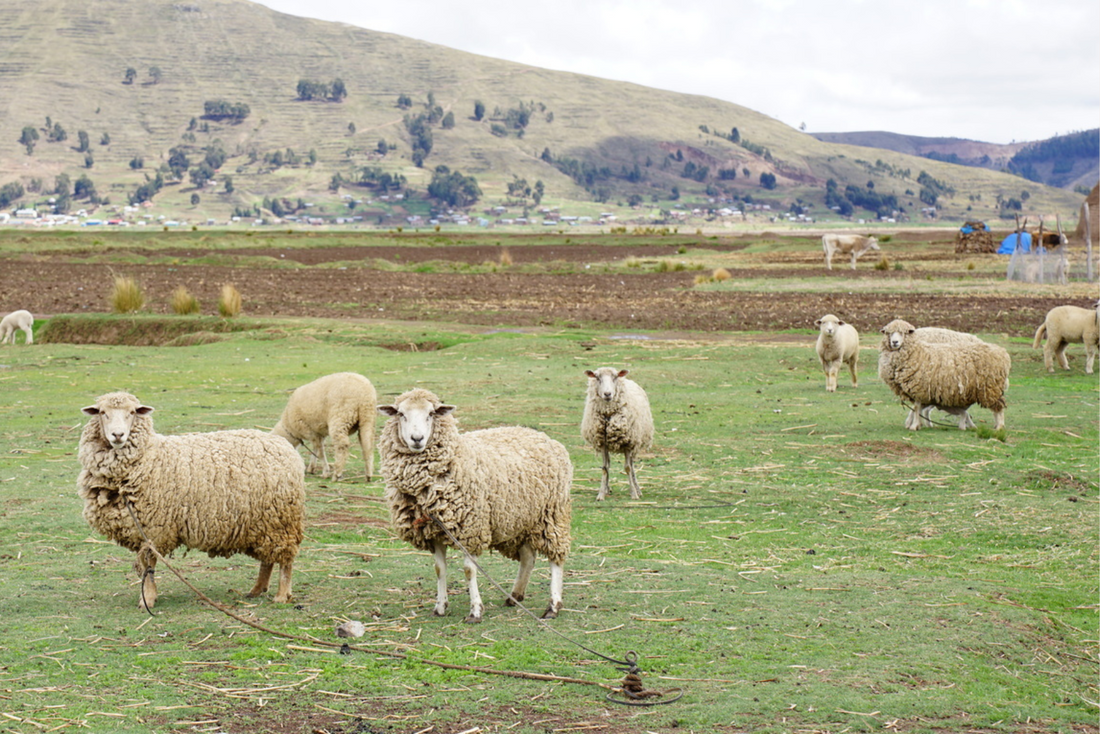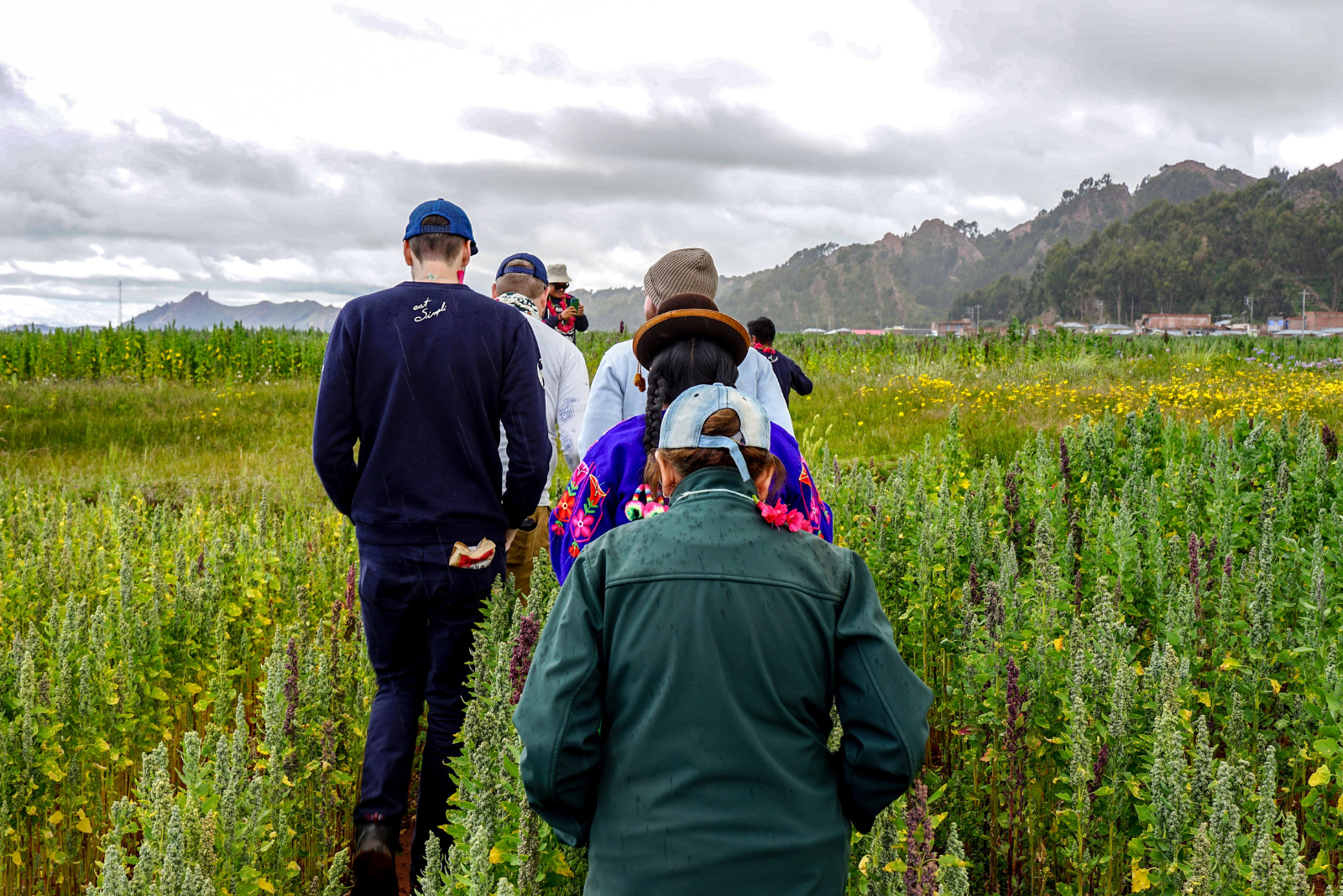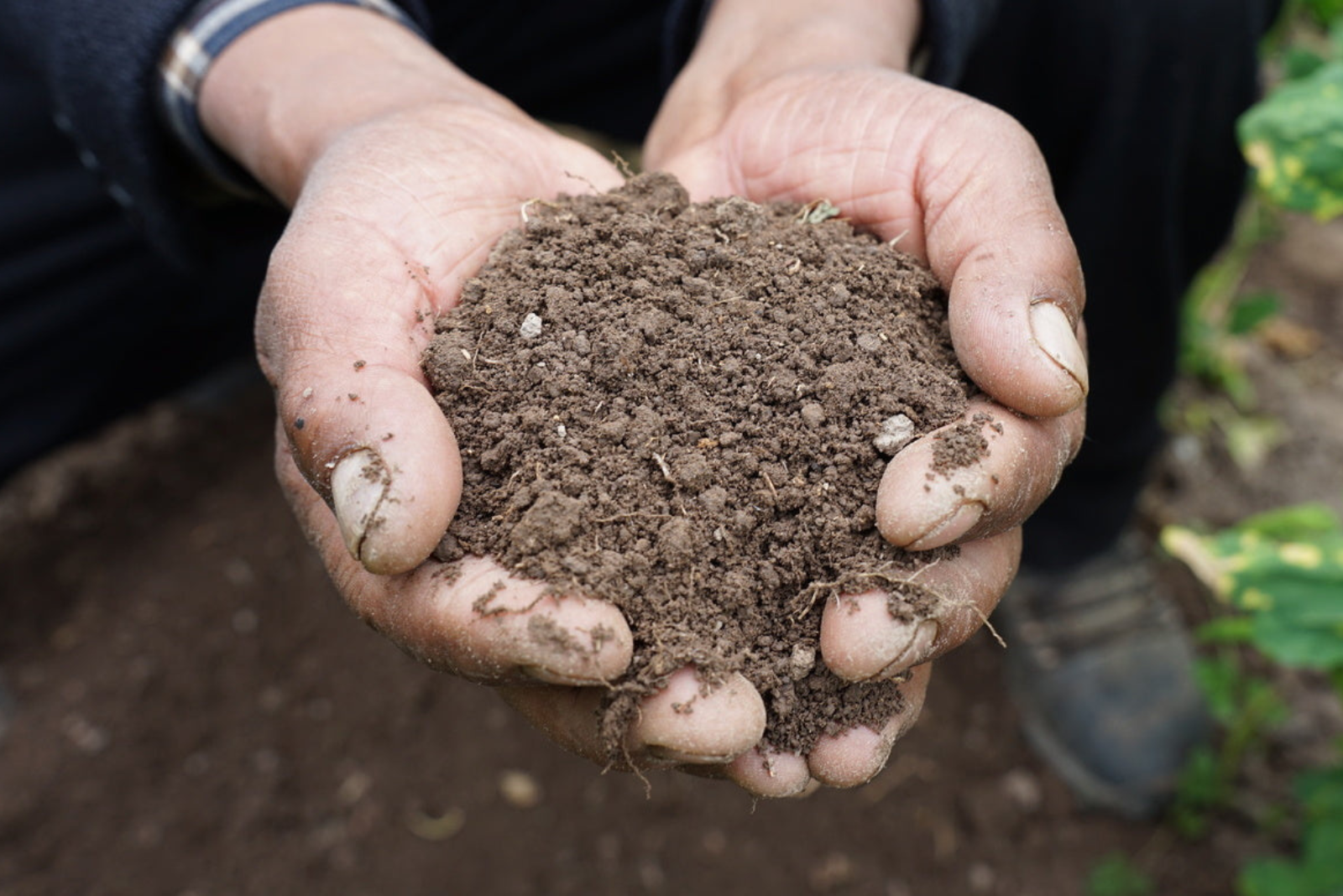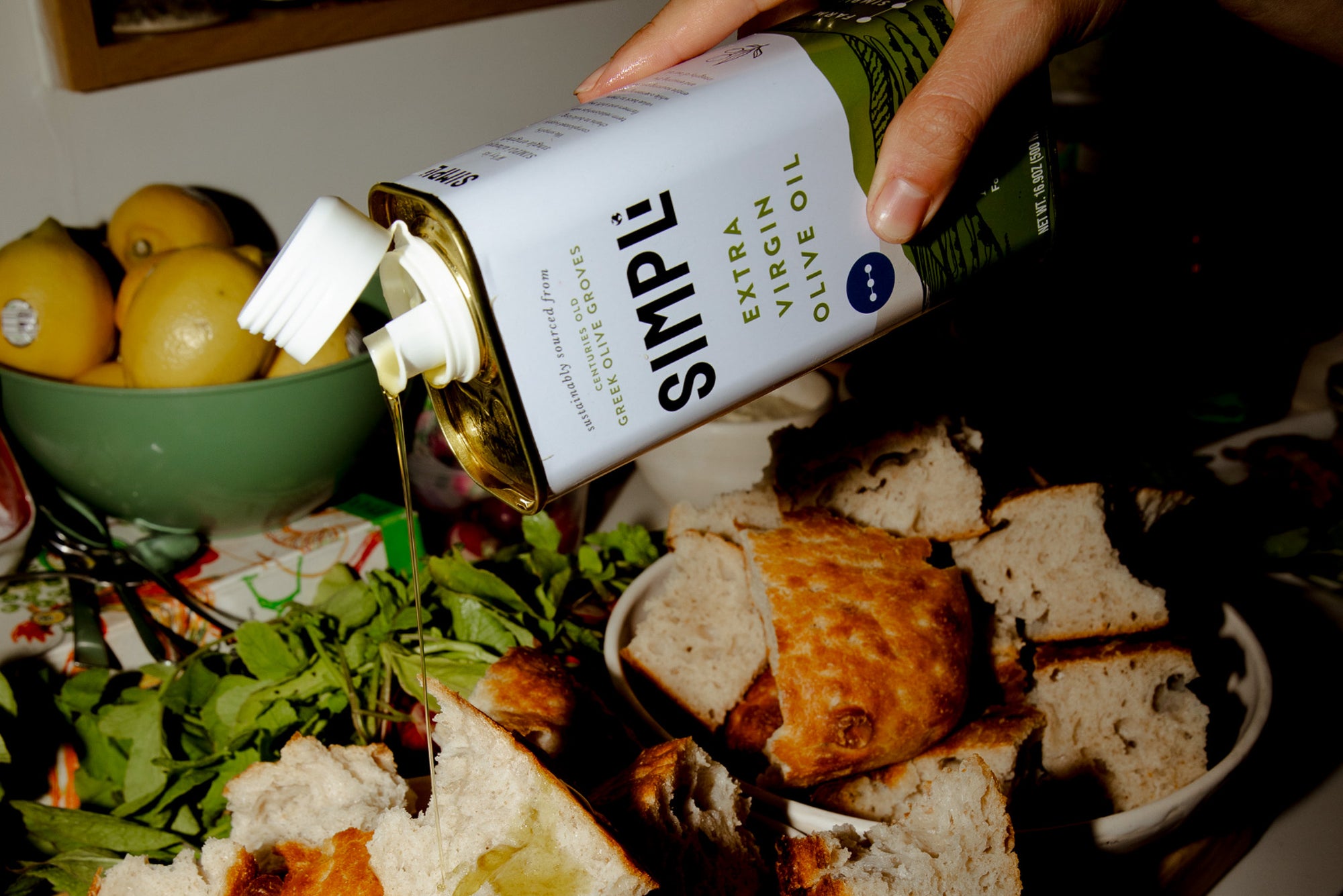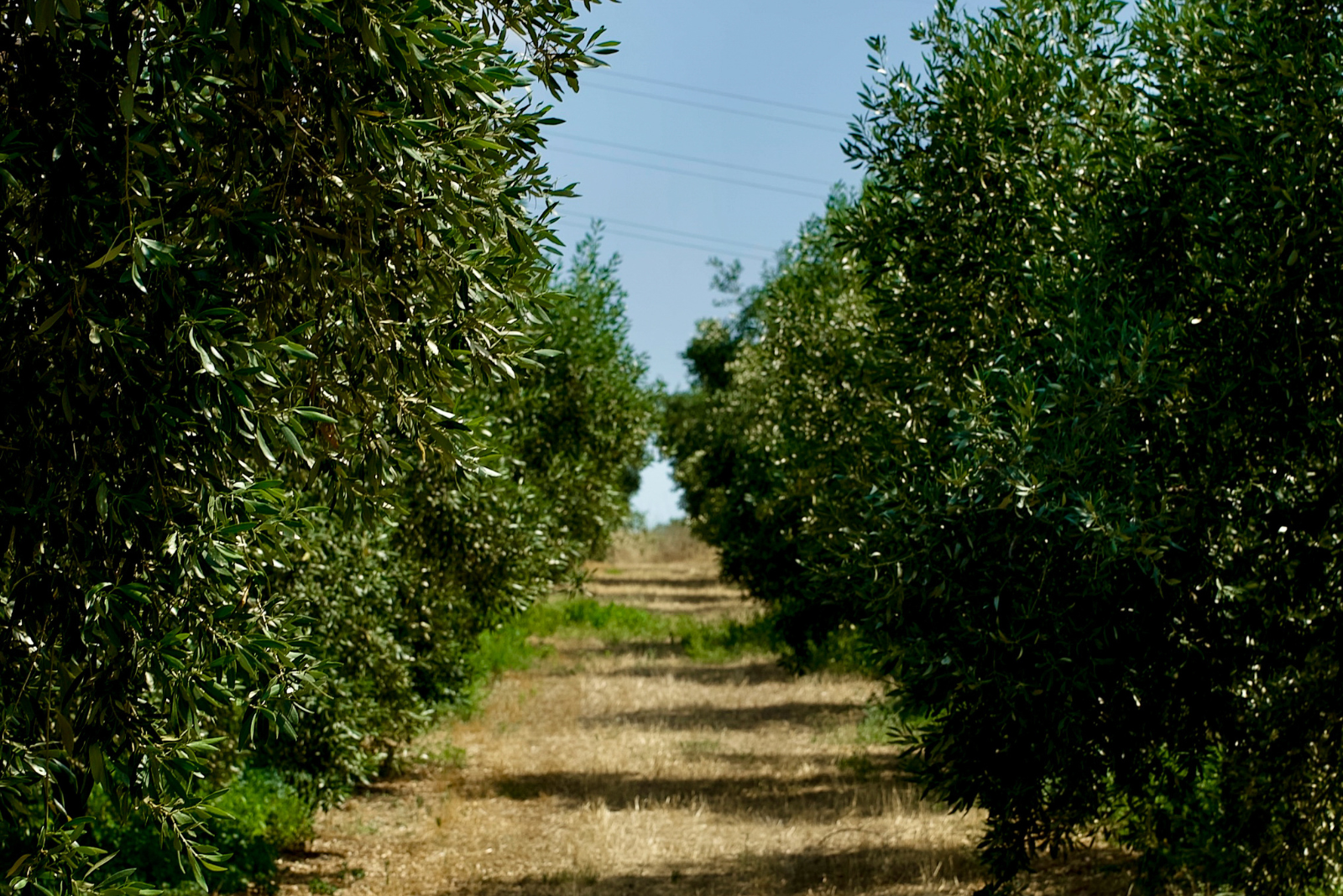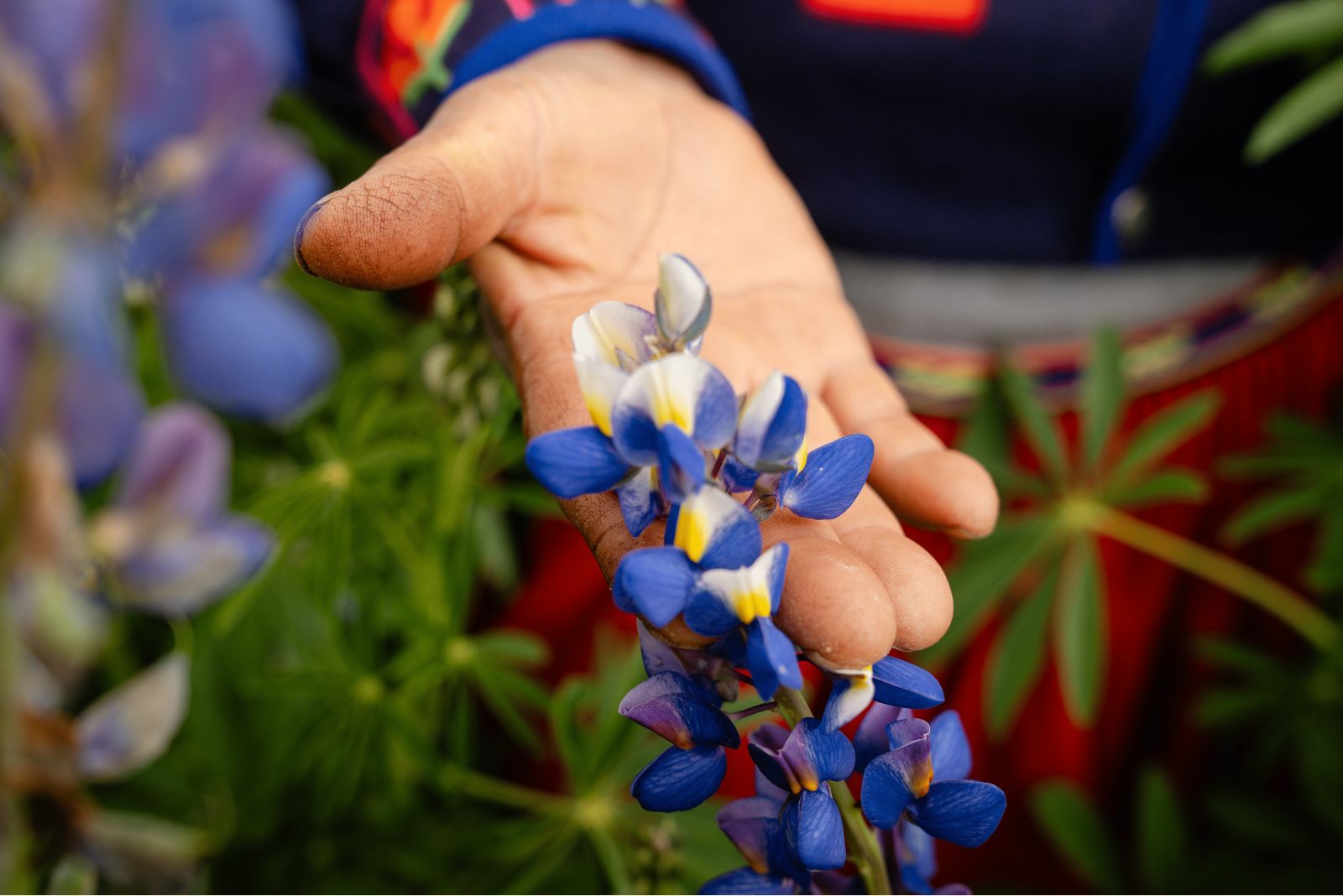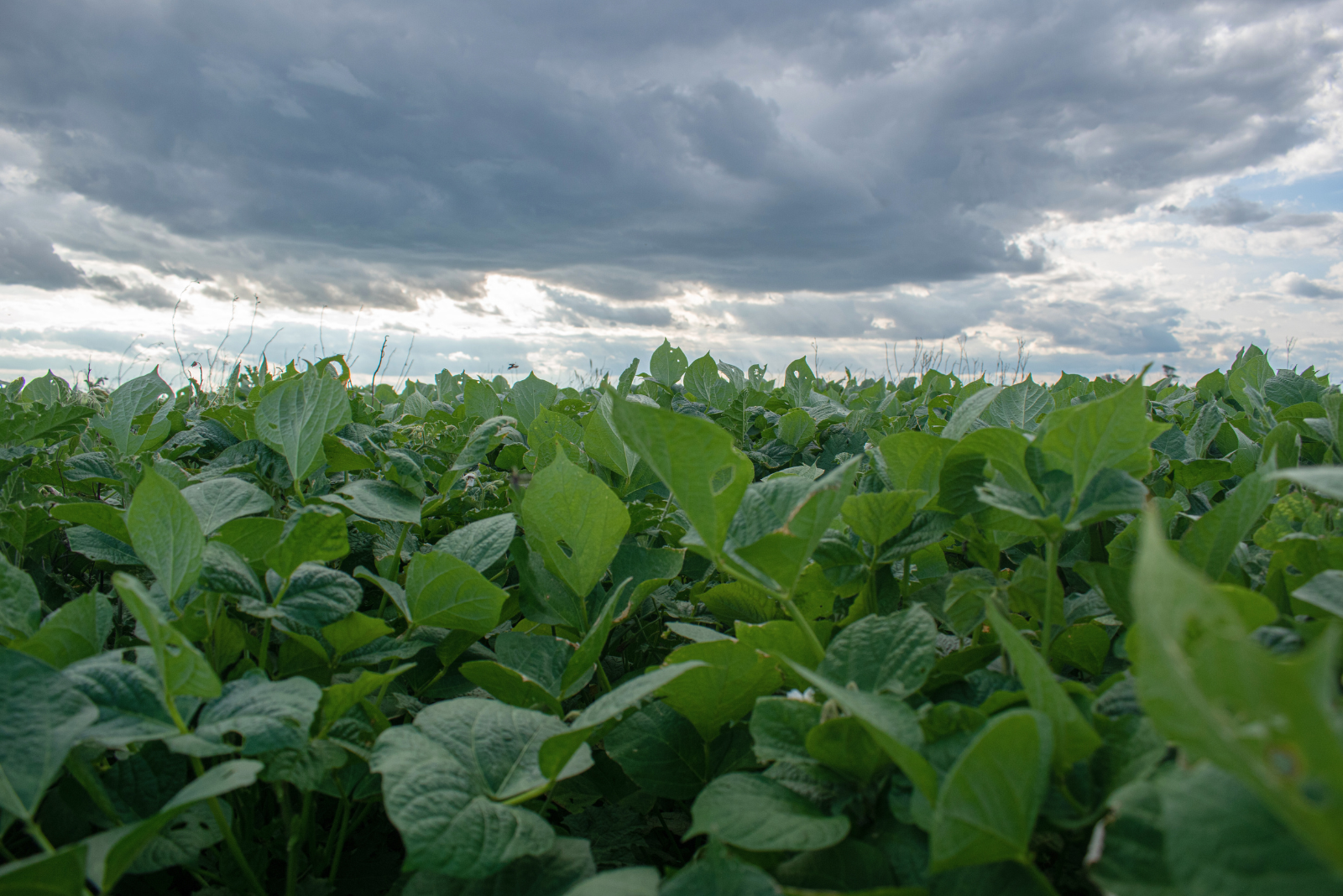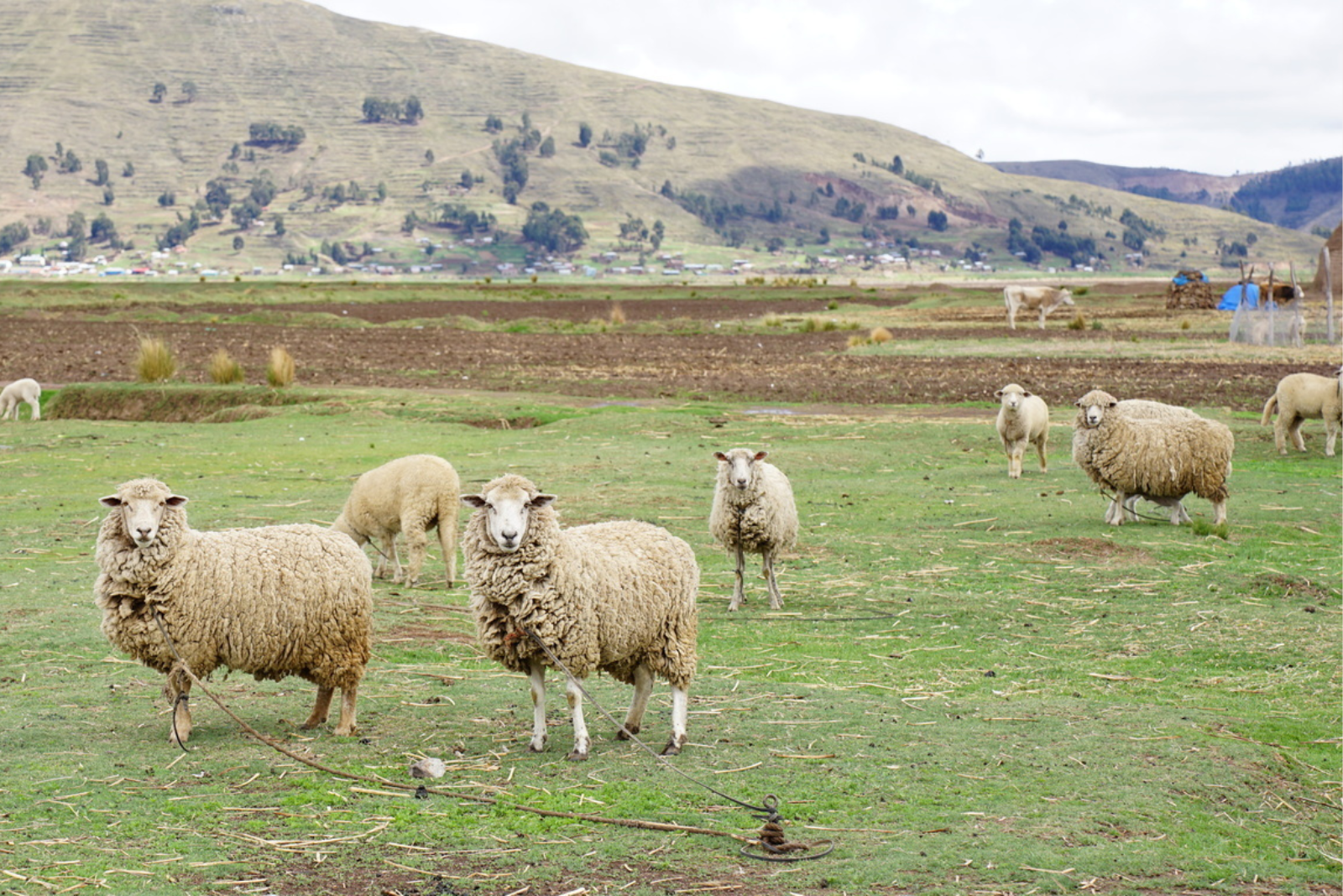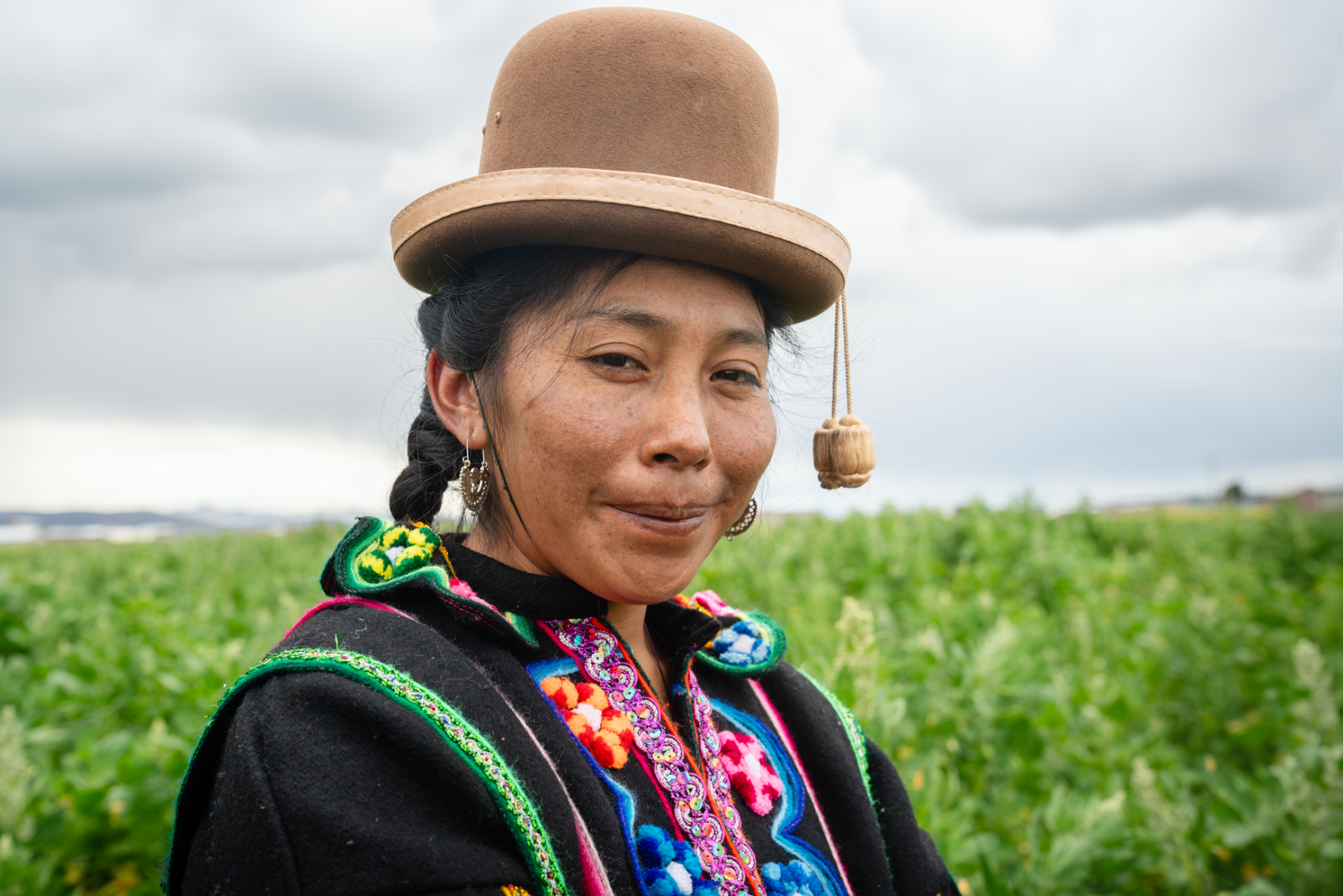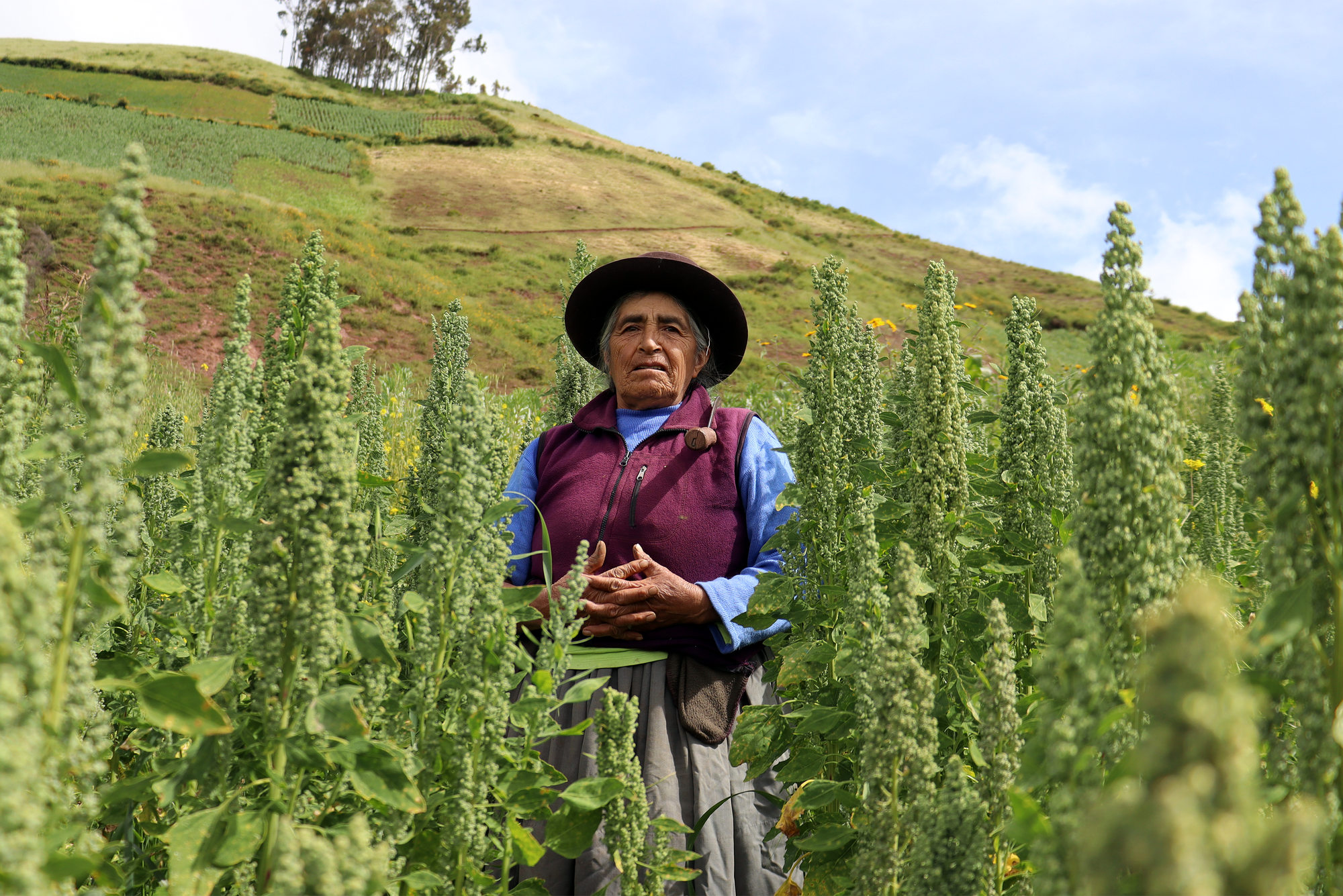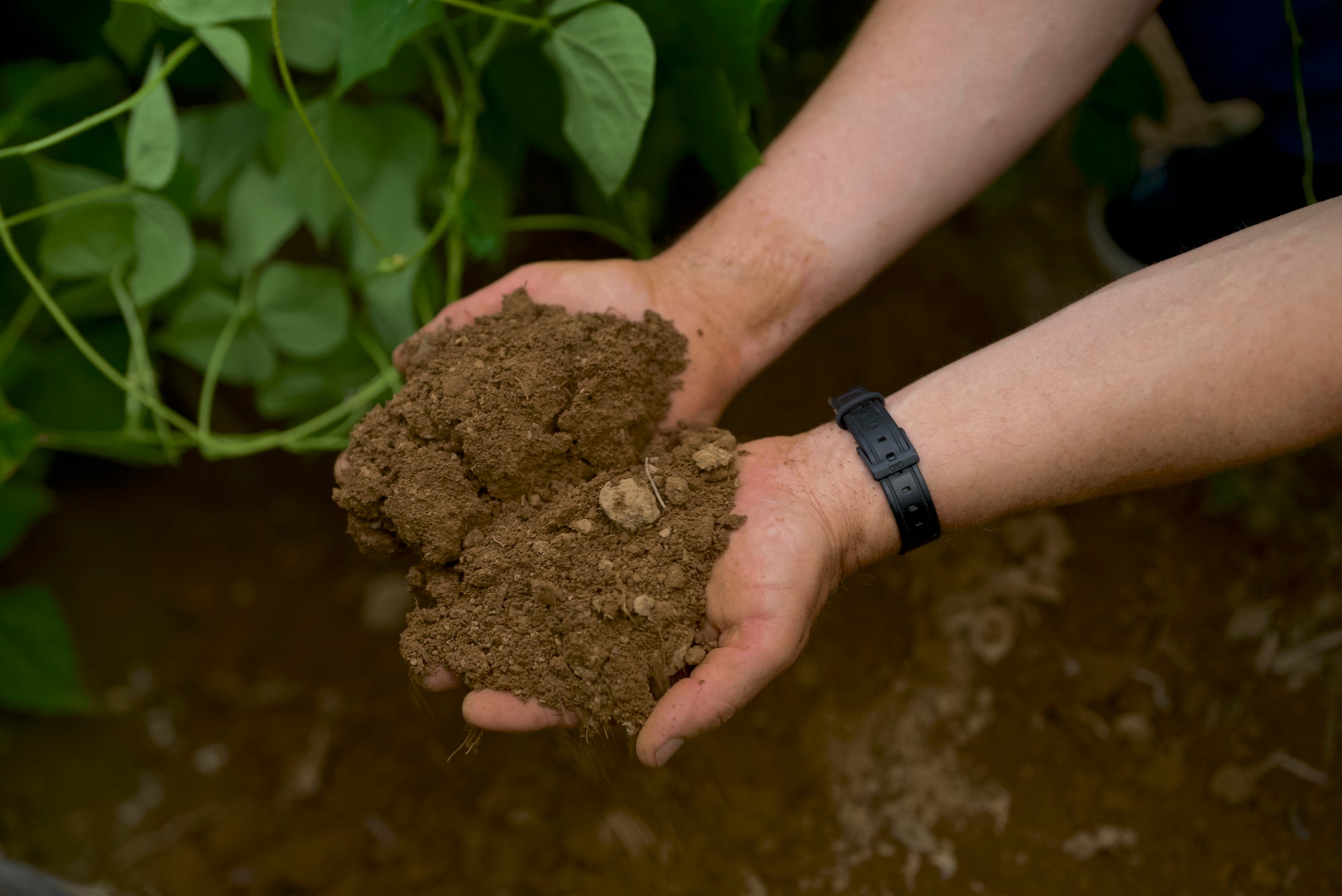Throughout the years, conventional and industrial farming practices have often led to significant challenges in animal welfare and environmental sustainability. In fact, between one-quarter and one-third of global greenhouse gas emissions come from our food systems and production, contributing to environmental degradation. For years, conventional farming has focused on maximizing production, which often negatively impacts both the environment and its animals, showing just how inefficient and harmful our current agricultural systems can be.
Studies have shown, however, that shifting towards regenerative organic farming practices greatly improves the natural environment and the treatment of our livestock. In fact, proper animal welfare is one of three pillars that farmers and companies must achieve to receive Regenerative Organic Certification® (the highest standard of certification in today’s world).
Regenerative organic agriculture offers a sustainable and ethical alternative to conventional farm animal management methods. Where conventional systems often leave animal welfare unchecked and disregarded, regenerative organic systems are required to give animals more space to roam freely in their environments where they can graze, socialize, embrace their natural behaviors, and live in suitable, safe conditions. These actions not only improve overall animal welfare, but they also enhance soil fertility, reduce carbon emissions, and enhance the biodiversity of our natural landscapes.

Animal welfare includes several key practices that are essential to their wellbeing, including the Five Freedoms and Grass-Fed, Pasture-Raised principles.
Five Freedoms
Globally recognized as the gold standard in animal welfare, the Five Freedoms of animal welfare focus on providing animals with proper shelter, nutrition, and space to engage in natural behaviors, significantly supporting their physical and mental health. These freedoms include:
-
Freedom from discomfort – providing safe, comfortable environments for animals to inhabit and enjoy freely
-
Freedom from fear & distress – ensuring shelters with plentiful spaces to prevent crammed, overcrowded facilities
-
Freedom from hunger – ensuring easy access to nutritious food & clean water for animals
-
Freedom from pain, injury or disease – overseeing & maintaining proper medical care for animals
-
Freedom to express normal behavior – allowing the time and space for animals to socialize with one another, exhibit their natural behaviors, and exist in an environment that feels most natural to them
In addition to significantly benefiting animals, these principles also have positive impacts on the planet because they foster regenerative organic farming practices that reduce environmental destruction and help create healthier, more balanced ecosystems.

Grass-Fed, Pasture-Raised
Proper animal welfare also ensures that livestock have more space to graze and roam, which improves their wellbeing and plays a crucial role in supporting regenerative organic agriculture. When we say 'grass-fed' and 'pasture-raised,' we're talking about livestock that primarily feed on natural grasses and forage, rather than being confined to feedlots and fed grain-based diets.
Grass-fed livestock spend their lives grazing on a diverse range of grasses, legumes, and other plants. This natural diet has significant environmental benefits. The grazing habits of grass-fed and pasture-raised animals stimulate plant growth and increase carbon sequestration in the soil. As they graze, their hooves break up compacted soil, allowing rainwater to penetrate more effectively and promoting better water retention in the land. In other words? Grass-fed, pasture-raised livestock are win-win for the animals and our planet!
It goes without saying that caring for the animals in our world is important. But through the lens of regenerative organic agriculture, proper animal welfare paints a larger picture about the deep interconnectedness of our ecosystems and the necessity to take better care of all living things that exist within them. Animal welfare and regenerative organic farming are inherently intertwined – both are needed to establish more ethical agricultural systems and a healthier planet.
Choosing products produced under regenerative organic principles isn’t just a trend – it's an active, important step for us to take to support healthier food choices and contribute to a more sustainable, resilient, and compassionate agricultural system for generations to come.
Learn more about the principles and framework behind the Regenerative Organic Certification® on the Regenerative Organic Alliance's website.

